Ivan - a BIPOC Outdoor Mental Health Story
Content warning: This article mentions anxiety and depression
“In the Latinx community there’s a lot of stigma surrounding mental health and medication,” said Ivan, a 23-year old recent graduate from UC Santa Bárbara. “People like to say, ‘ponte las pilas’, or just make it work. But it’s not just about survival anymore, it’s also about making sure we’re taking care of our health.”
Ivan grew up in a Zapotec-Indigenous family in a bedroom community of San Jose. His parents split when he was six. The financial instability that followed led to his first experiences with anxiety and depression. “After the divorce we had a lot of financial issues and bouts of houselessness,” Ivan recalled. “It felt like everyone else was having birthday parties while I was thinking about, ‘are we going to lose our house?’ when I was in the second grade.”
In college, he connected with a counselor and got on medication for the first time. It wasn’t a perfect match; “I’d wake up and I would feel nothingness,” he said. “I thought it was better than feeling depressed when I woke up.” Ultimately, a combination of medication and therapy has helped provide some relief. Spending time outdoors also continues to be part of his daily practice. That included surfing, climbing, backpacking and biking.
Ivan isn’t new to the outdoors. He grew up hiking, camping, fishing and going to the beach with his family. Being an outdoorsy Latinx kid was similar to being the only Latinx student in advanced placement (AP) classes at his mostly white high school. “I would get a lot of microaggressive and straight up tokenizing comments,” he recalled. “‘You’re one of the good Latinos.’ I was like, ‘yeah.’ I accepted that role and felt a lot of shame rooted in self-hate.”
“It felt like everyone else was having birthday parties while I was thinking about, ‘are we going to lose our house?’ when I was in the second grade.”
Ivan brought his love of the outdoors with him to college in Santa Bárbara. The experience was incredibly lonely until the day he locked eyes with another Latinx surfer. I was like, ”Oh god, this is how it must feel for everybody else,” said Ivan. “I look at everybody else and think, ‘oh they must all be friends.’ Then again, maybe they aren’t friends but they have that familiarity and sense of community that comes from a common cultural background.”
Navigating predominantly white outdoor spaces during college was one motivator that led Ivan to create MAPAS (Making Adventures Possible for All Students), an organization for historically underrepresented college students. His vision was to improve their access to the outdoors along with environmental and STEM career fields. The program tackles big questions like historical barriers in the outdoors for people of color. “We’ve been pushed out of it, excluded and erased, especially for the Indigenous community,” said Ivan.
Q&A
Do you experience the outdoors differently than someone who doesn’t have a mental illness?
Personally, I think I’ve learned to prioritize my mental health. For me being outdoors is a big aid in that process. Even if I don’t want to get up in the morning, I’ll make a plan to hike, or surf, or climb, because I know I'll feel better after it. I’ll make myself do it anyways because it always helps me in some way or another. I know I won't have regrets afterwards.
Why is it important for outdoor organizations to talk about mental health?
From an outside perspective I don't think you’re really ever truly aware of what people are going through. I have friends who I admire for their ability in the outdoors and I never assumed that they were going through anything. Then when I got closer to them, I discovered that we were going through a lot of the same things, and yet, “Oh they’re really great at the outdoors, they must not be depressed,” was my first assumption.
There are definitely folks who do have a lot of mental health issues and yet, from an outsider perspective, it seems like everything is fine. We’re all going through our own things. You can’t make assumptions about anyone’s mental health unless they’re explicitly talking about it. So let’s normalize having these vulnerable conversations.”
What sort of conversations should outdoor groups be having?
What are the structural, cultural and financial barriers for accessibility that prevent Latinx surfers (and beyond) from feeling accepted? Let’s also talk about what we're losing out on by not being in these spaces, as they can provide so much healing and growth for our communities. Why are environmental courses predominantly white? Why are geological courses predominantly white? Tech courses are the same way. Let’s talk about the barriers to access for that and how they’re fundamentally tied together.”
GET HELP TODAY
The National Suicide Prevention Hotline: 800-273-8255
Nacional de Prevención del Suicidio: 888-628-9454
Deaf & Hard of Hearing: 800-799-4889
The Trevor Project Suicide Prevention Hotline for LGBTQ+ Youth: 866-488-7386




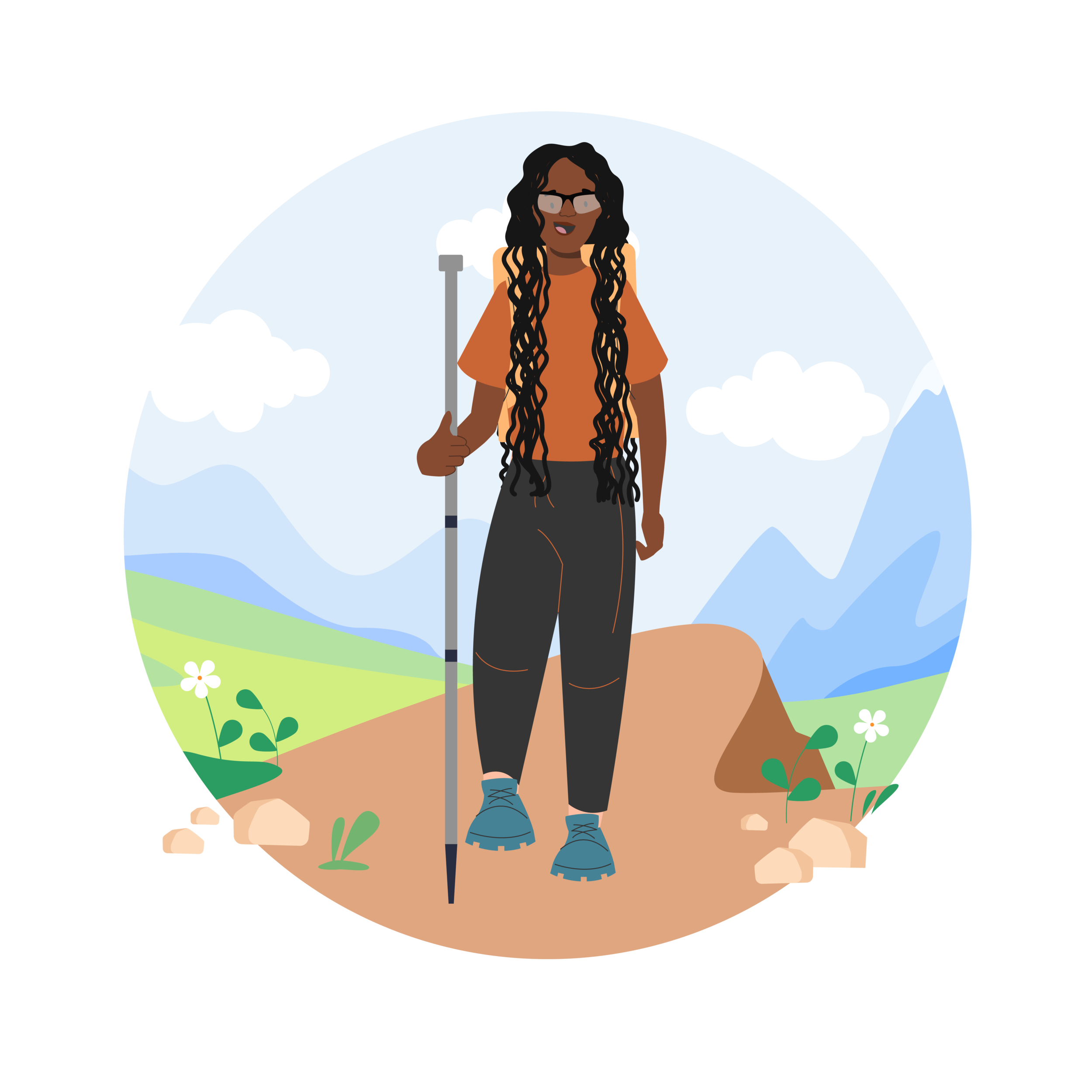
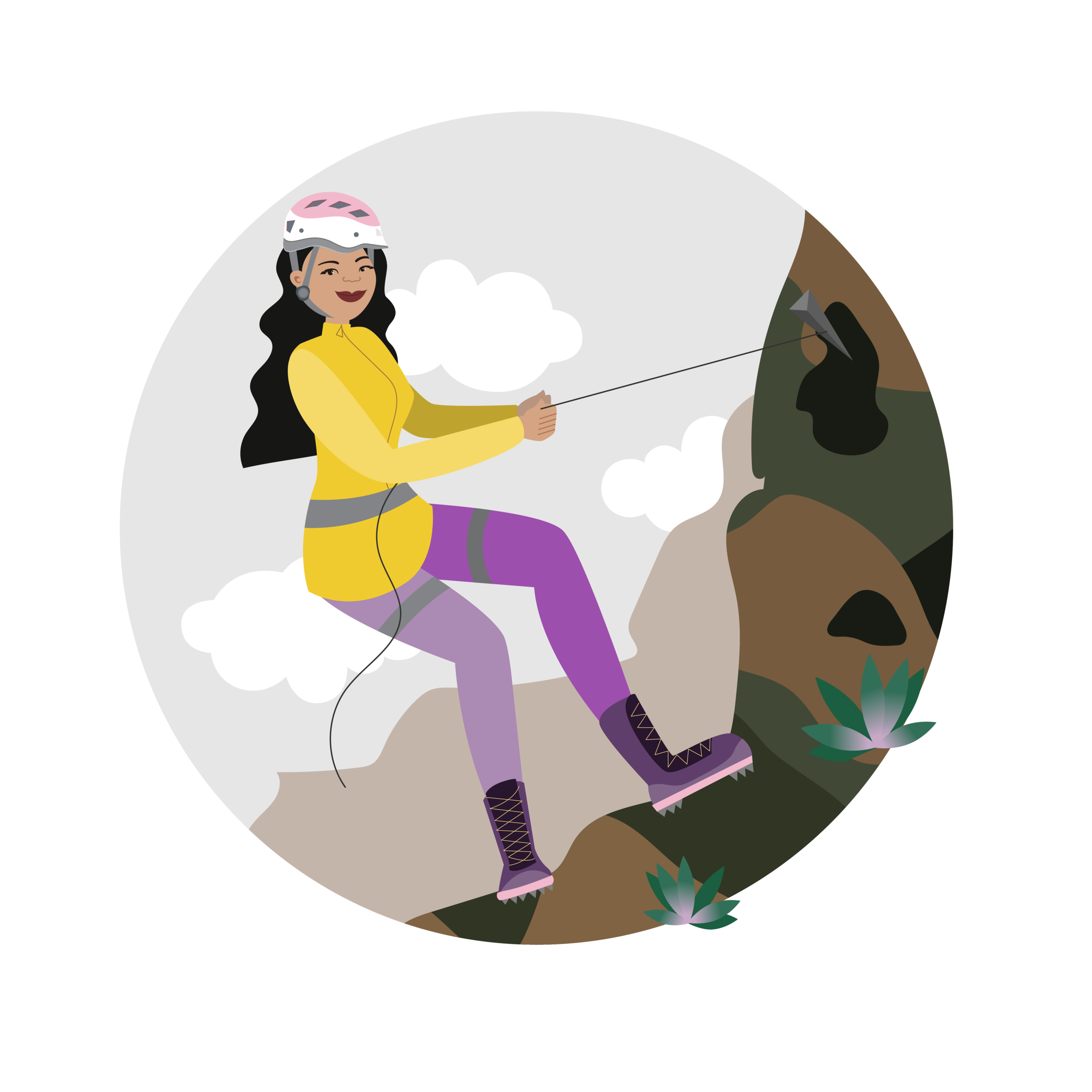

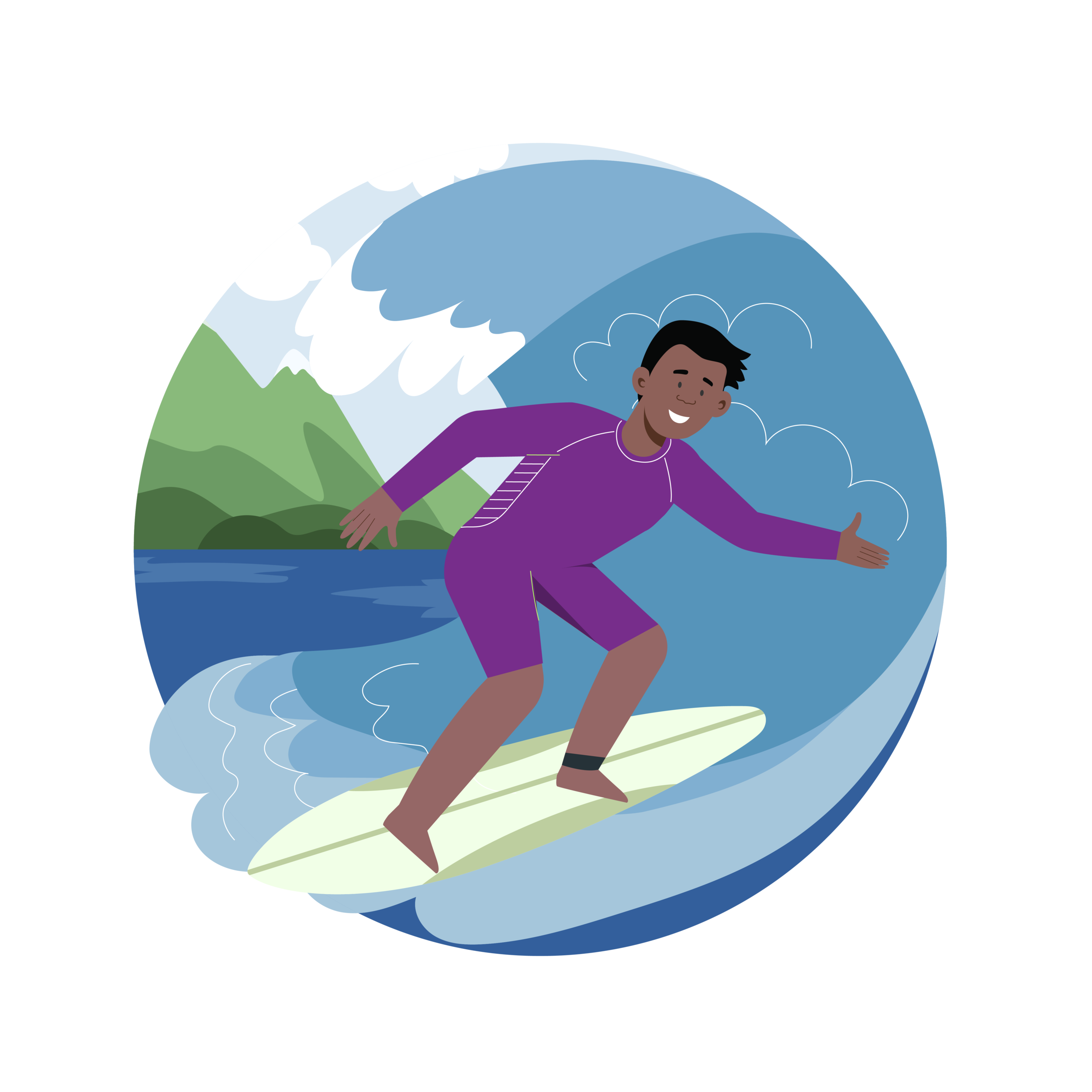
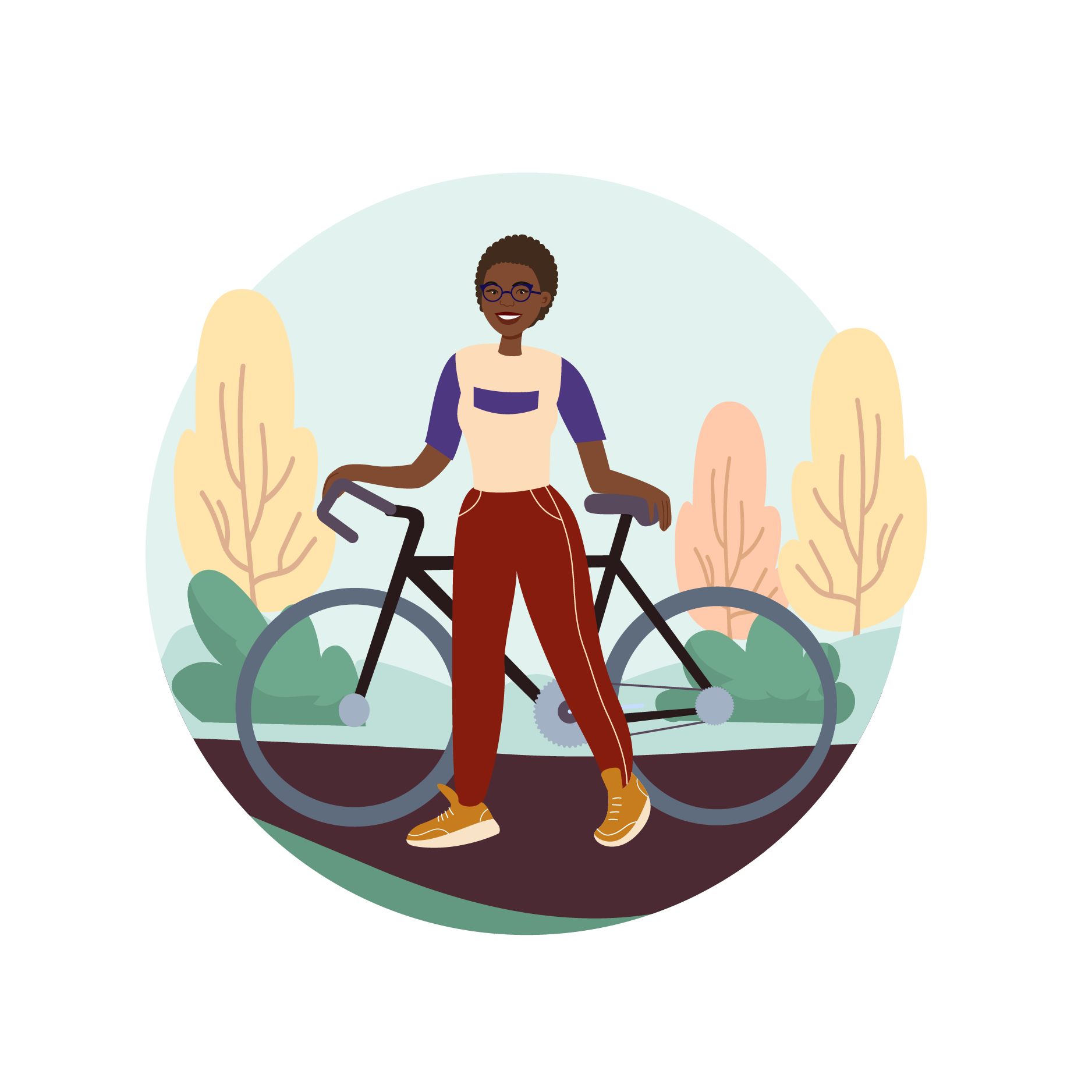
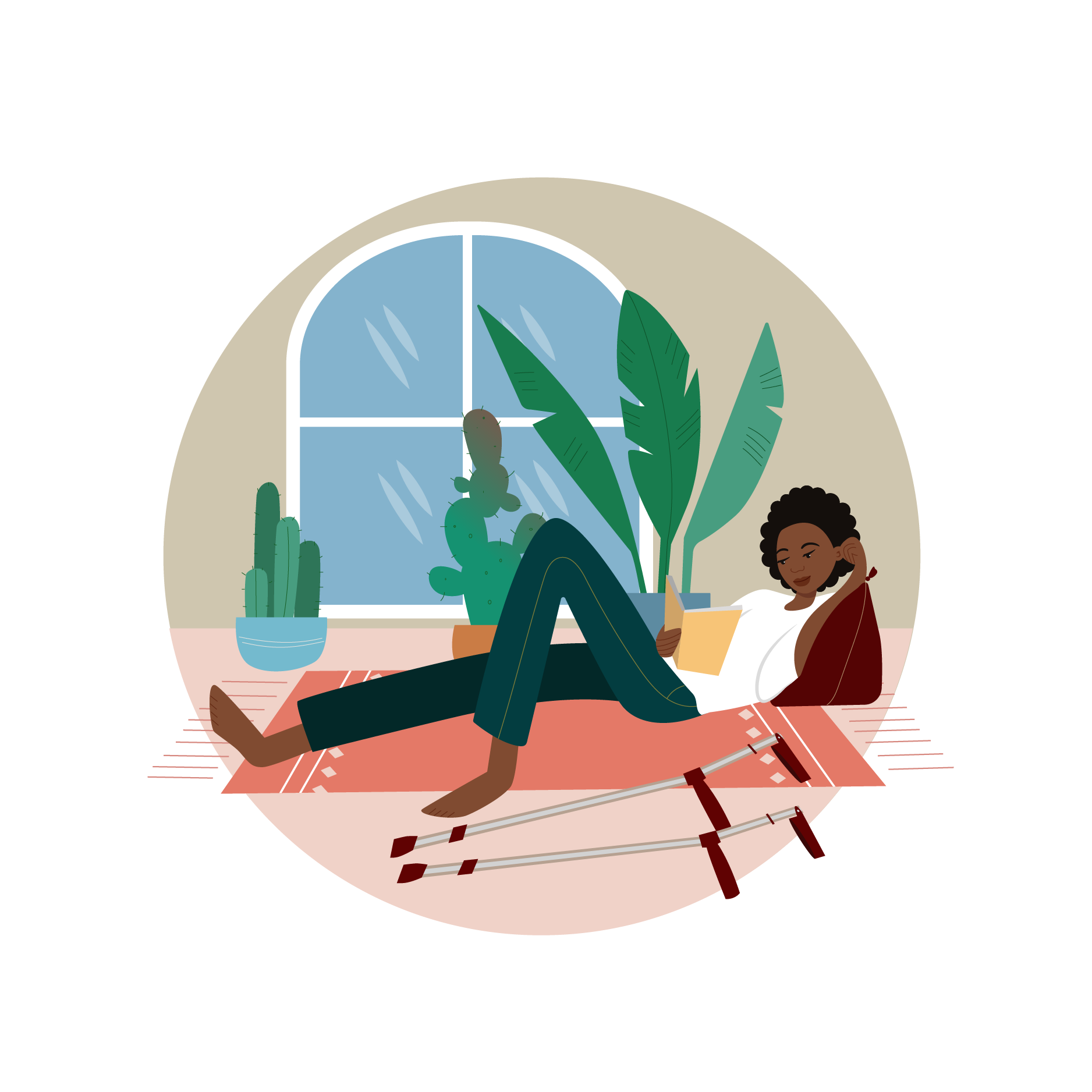








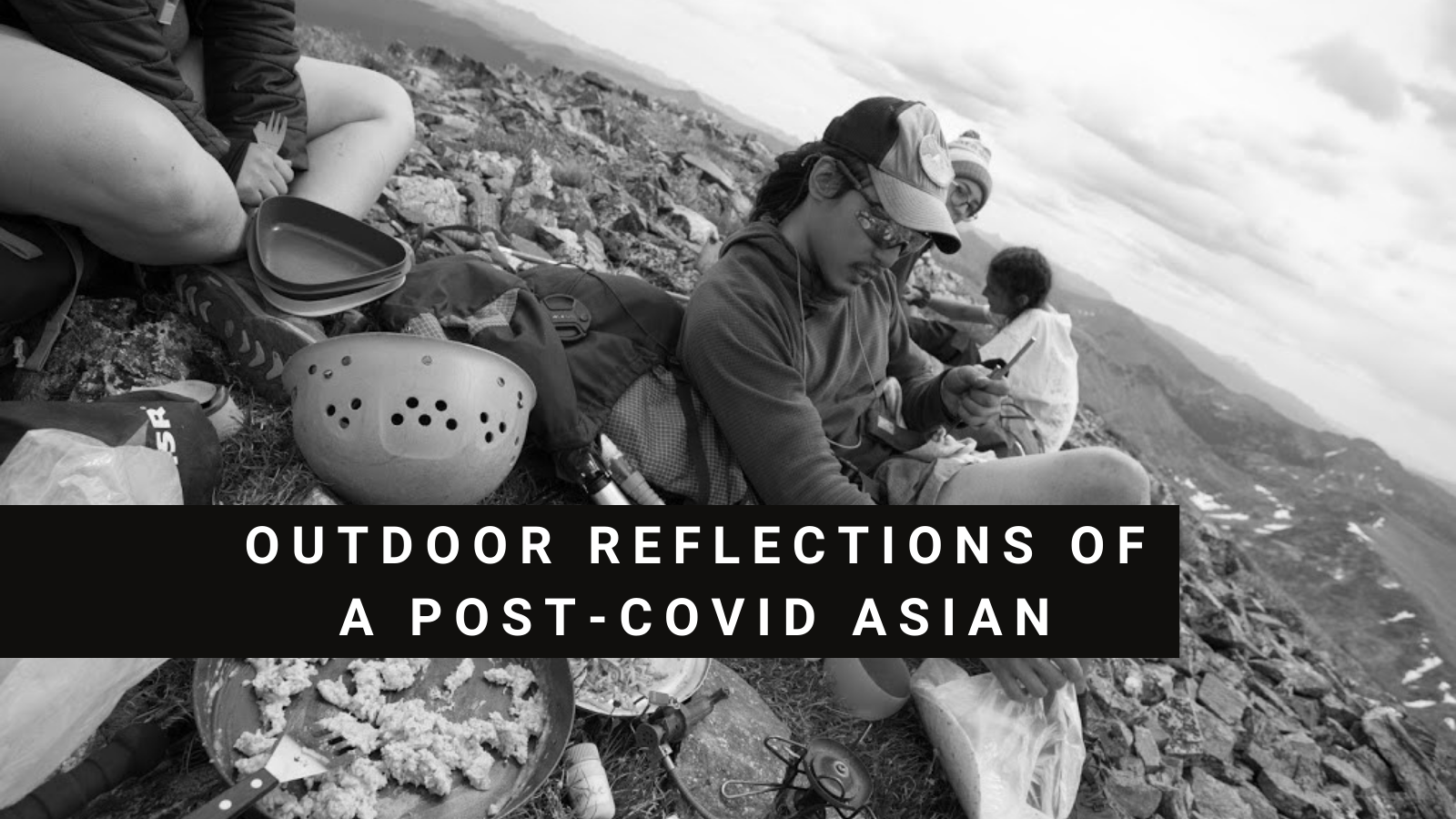

Dear Black men, when was the last time you went hiking? A week ago? Last summer? Never? Of the many hobbies people pick up, hiking is not always well-received in African American communities. I would like to change that. Some will say, “Does being Black matter?” Yes, without a doubt.